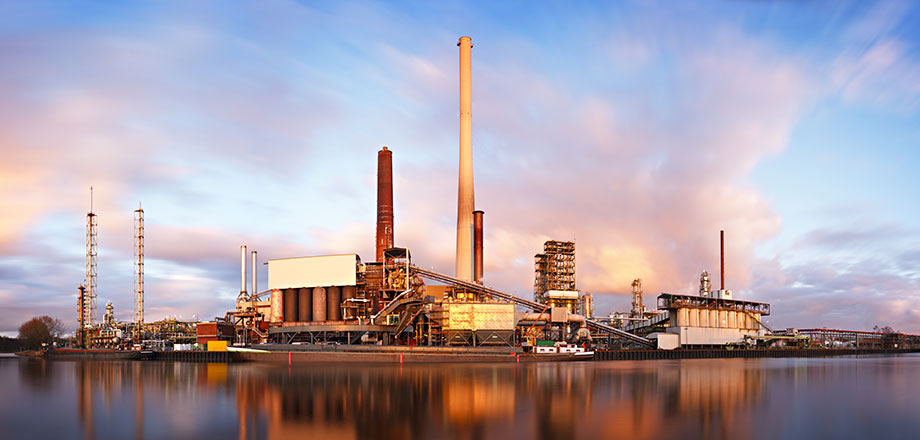
The manufacturing sector is one of the basic pillars of the economy, dealing with the transformation of raw materials into finished or semi-finished products for consumption or other production processes. This sector includes a wide range of activities, ranging from the production of consumer goods, such as food and clothing, to the manufacture of machinery, electronic components, vehicles and more.
Manufacturing companies can be divided into different categories based on the type of production, such as heavy industry, light industry, precision industry, or processing industry. Production often takes place in industrial plants equipped with advanced machinery, automated assembly lines and quality control systems. In addition, many companies adopt methodologies such as just-in-time production to reduce costs and optimize efficiency.
In recent years, the manufacturing sector has undergone a significant transformation through the introduction of digital technologies and automation, often referred to as Industry 4.0. This has made it possible to improve efficiency, reduce waste, and customize products according to customer needs.
The manufacturing sector faces numerous challenges related to economic, technological and geopolitical factors. A major issue is global competitive pressure, with emerging countries offering lower production costs than developed economies. This phenomenon has led to the relocation of much production to low-cost areas, causing job losses in industrialized countries.
Another major challenge concerns the need to constantly innovate to remain competitive. Companies must invest in research and development to adopt new technologies and improve their production processes, which can be costly, especially for small and medium-sized enterprises.
Fluctuations in raw material and energy costs pose an additional problem for manufacturing firms, which must manage price uncertainty and unstable supply chains. In addition, geopolitical tensions, such as trade wars and international sanctions, can adversely affect the availability of critical materials.
Finally, the growing demand for sustainability and reduced environmental impact is forcing companies to rethink their production models, adopting greener practices and improving energy efficiency.
The manufacturing sector carries a number of risks for both consumers and workers. For consumers, the main risks relate to product safety and quality. Manufacturing defects, use of substandard or substandard materials can cause safety problems, especially in sectors such as automotive, electronics and food.
As for workers, risks often arise from working conditions in industrial plants. Accidents related to the use of heavy machinery, exposure to hazardous chemicals or unfavorable ergonomic conditions can jeopardize the health and safety of employees. Despite the introduction of increasingly stringent regulations, unsafe practices and lack of adequate protections persist in some areas of the world.
Another risk to workers is increasing automation, which could lead to job reductions for some occupational groups, increasing the risk of structural unemployment. This phenomenon underscores the need for retraining programs to help workers adapt to technological change.
The manufacturing sector has a significant environmental impact, mainly due to consumption of natural resources, emission of greenhouse gases and production of industrial waste. Manufacturing activities require large amounts of energy, often derived from nonrenewable sources, contributing to air pollution and climate change.
Waste management is another critical area. Many industries produce waste that can be difficult to dispose of or recycle, including hazardous materials such as solvents, heavy metals, and chemical waste. In addition, the extraction and processing of raw materials can damage ecosystems, causing deforestation, loss of biodiversity and land degradation.
However, many companies are taking steps to reduce their environmental impact. These include implementing low-emission technologies, using recycled materials, improving energy efficiency and introducing circular economy systems. Despite these efforts, major challenges remain in achieving fully sustainable manufacturing.
The manufacturing sector is an essential component of the global economy, but it faces major challenges related to competitiveness, sustainability and safety. Overcoming these issues requires joint efforts among companies, governments and consumers to promote innovation, equity and environmental responsibility. Solver can provide skilled support to address to overcome the many challenges in this sector.
